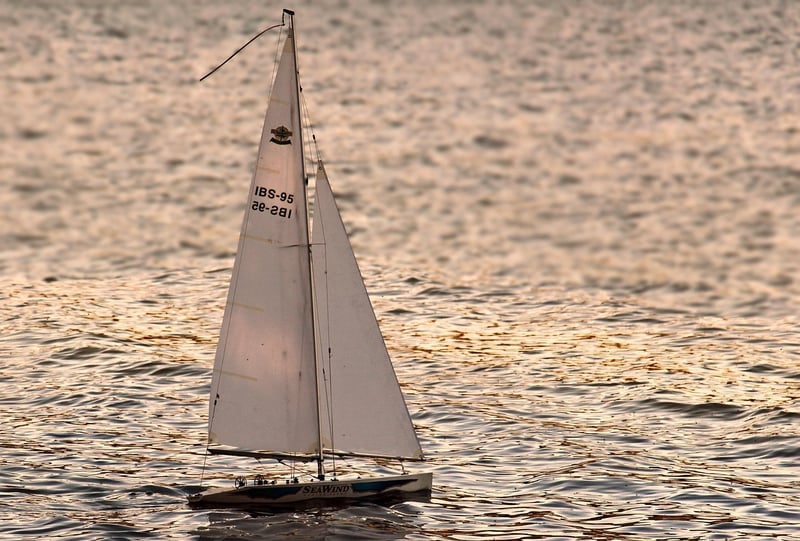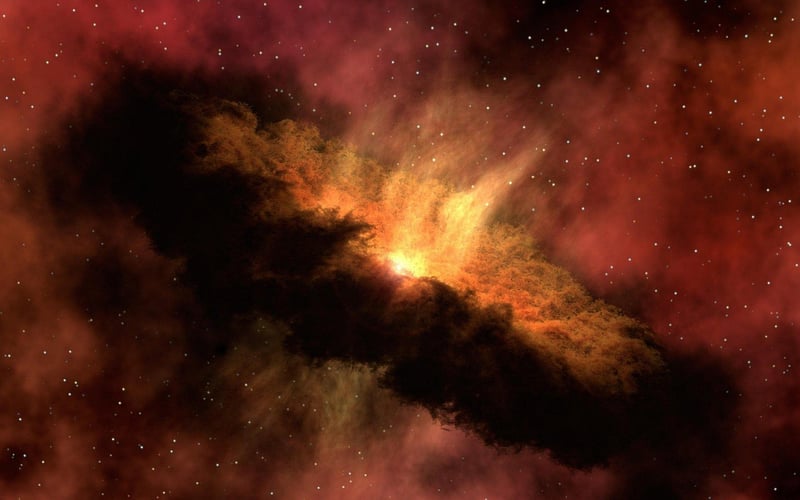Future Exploration
Exploring Different Eras and Future Exploration
Introduction
Exploring different eras and the possibilities of future exploration is a fascinating journey that allows us to delve into the past and envision what lies ahead. Through various historical periods and the evolution of technology, mankind has continuously pushed the boundaries of exploration and discovery.
Ancient Era
In ancient times, exploration was primarily driven by curiosity and the quest for resources. Civilizations like the Egyptians, Greeks, and Romans embarked on expeditions to expand their territories, trade goods, and seek knowledge about the world around them.

Age of Discovery
The Age of Discovery in the 15th to 17th centuries marked a significant period of exploration. Explorers such as Christopher Columbus, Vasco da Gama, and Ferdinand Magellan set sail to discover new lands, establish trade routes, and connect civilizations across the globe.

Space Exploration
With advancements in technology, the 20th century saw the dawn of space exploration. Milestones like the moon landing in 1969 and the launch of spacecraft to explore Mars, Jupiter, and beyond have expanded our understanding of the universe.

Future Exploration
The future of exploration holds exciting possibilities with proposed missions to Mars, the development of space tourism, and the exploration of deep-sea environments. Advancements in robotics, artificial intelligence, and sustainable technologies will shape how we explore and interact with our surroundings.

Conclusion
Exploring different eras and looking towards the future of exploration reminds us of the endless potential for discovery and innovation. By learning from the past and embracing new technologies, we can continue to push the boundaries of what is possible and unlock the mysteries of the universe.
